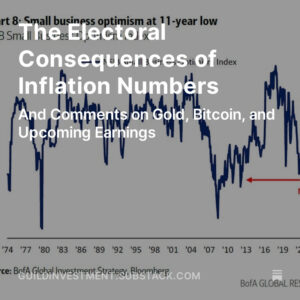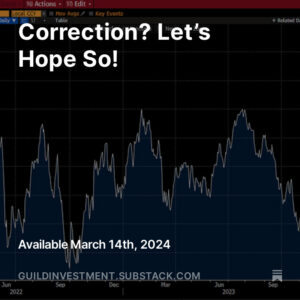Market Summary
The Brexit vote and the rise of anti-E.U. parties in Europe show that big changes are underway.
Europe
The coming changes will be more pronounced in Europe than in the U.K., although the U.K. will also suffer volatility and aftershocks as negotiations to start the withdrawal get underway. We believe that ultimately, Europe has more to suffer and more to lose. Europe’s prosperity will be compromised by the coming turmoil and volatility, and for the foreseeable future, we plan to avoid Europe as an investment destination. After a few years, the U.K. may recover and do well — but for now, we’re cautious here too. We don’t expect that these troubles will have immediate and significant effects on economic growth.
The Brexit vote was driven by the discontent of middle- and working-class voters in the U.K. who have watched their standard of living fall in recent years. That discontent is widespread — several more countries could well vote to leave the E.U. over the next few years. We expect business cycles, stock market cycles, and economic cycles to align and create a difficult path towards growth, prosperity, and employment for Europe, which will only fuel popular desire to ditch the Union.
Longer-term, the E.U. mechanism has been fatally compromised. Citizens have never been given a real chance to vote on the European experiment. Treaties have been made by high-ranking elites without the benefit of allowing the voters to decide on their own fate, and when the rare referendum has gone the wrong way, the elites have always managed to find a way to negate the will of the people.
The people have now voted in the U.K., and the vote looks likely to stick (although some are already talking about ways to reject the results). Citizens are itching to vote in many other countries as well, as we noted above. Over the next two or three years, we will probably see further defections from the Union. In our view, the European experiment has been a classic overreach of the political class, and when the people gain a voice, they will shatter the leaders’ pride.
Leaders’ long-term mismanagement, of course, is the main factor to blame for this rising anger. Decades ago, European growth rates began a steady decline because of growing bureaucracy and higher taxes. Europe moved to a slow-growth, government-controlled economic model. The continent has become a low-growth region where many citizens have experienced chronic unemployment and falling living standards… and now some in the U.S. are seeking to take the country down the same path.
U.S. Economic Growth Today
U.S. economic growth for 2016 will be moderate at about 2.5%. This is an adequate growth rate, although below normal for this stage of an economic recovery.
In the U.S., there are similarities to Europe’s political situation, although ours is less dire. The major political parties have become unpopular with voters. Many disaffected Americans have seen their standard of living decline for the last 25 years, and want deep and rapid political change.
U.S. politics and economics are of course intertwined. We anticipate that economic growth will be acceptable in the U.S., but it will have to move forward while big political changes occur. Over time, both major political parties will be radically changed from within by their own members as they try to win votes and gain and retain power.
Over the last 20 years or more, the U.S. economy has become increasingly burdened with high taxes and excessive regulation. Although the economy has recovered since 2008, this recovery has been the weakest in U.S. history. In order to restore economic growth, attract the many millions of discouraged workers back into the labor market, and raise the standard of living for all Americans, labor productivity must rise. Higher productivity will mean more and higher-paying jobs and higher living standards.
Positive Changes That Can Be Made to Stimulate U.S. Growth
To boost productivity, the U.S. should curb and reverse the growth of bureaucracy, and cut corporate taxes to levels comparable to those of other developed countries. (On average, developed countries have a 20 to 25% corporate tax rate; the U.S. has a 35% federal rate and state taxes to boot.) On the regulatory front, we note that both major candidates are talking about reversing and tempering current and prospective free trade deals. While negotiating better terms on trade deals is always wise, curtailing free trade will lower living standards.
In addition to taxes and regulation, the U.S. economy suffers from excessive debt and too many fixed costs. All these problems lead to declining business dynamism — that is, a slowdown in the formation of new companies, difficulty in raising capital to start a new business, and the consequent slow growth in employment and productivity. New business formation is necessary for economic growth and for a higher standard of living, as we have noted before. To stimulate economic growth and raise living standards, the primary political task will be to strengthen business dynamism by implementing sensible regulations and reforming and lowering taxes.
Investment implications: How should investors respond to European developments? First, buy gold and expect a wave of new money to come to the U.S. from European investors, as Europe has become much less attractive after Brexit. Second, sell the euro and the pound sterling short. The Euro will be weakest, and the entire European currency experiment danger of collapsing. The pound sterling will fall for some time, and then eventually, British stocks will be a good buy because their lower currency will improve exports. Third, on rallies, sell European banks short. And finally, carefully monitor the flows of cash from Europe into the U.S. — we expect them to be substantial and a possible catalyst for higher U.S. stock prices.







